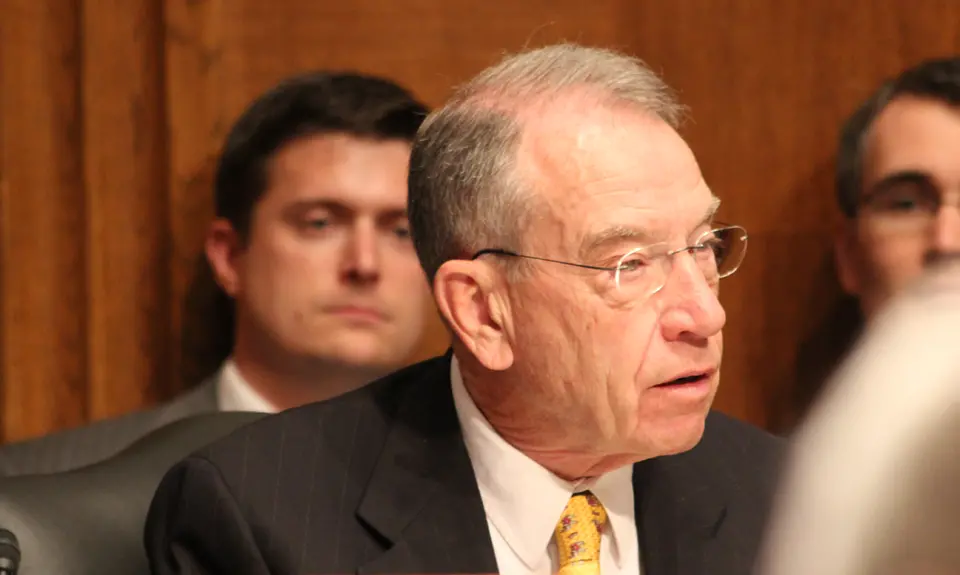Chuck Grassley has announced that he will be giving up the chairmanship of the Judiciary Committee in the new Senate that will convene in January. History will not be kind to him: In his four years as chairman—two under Obama and two under Trump—he used the committee as a sharp partisan weapon to politicize the United States court system.
Grassley will perhaps be best remembered for his unprecedented refusal to hold a confirmation hearing for Supreme Court nominee Merrick Garland, whose sole sin was being an Obama nominee.
Sadly, anyone who thought that was the nadir of Grassley’s integrity learned a hard lesson in 2017-18, as the chairman tossed aside one safeguard after another in order to get Donald Trump’s unqualified nominees confirmed in minimal time and with minimal examination.
As we wrote shortly after the election, Grassley:
- did away with the longstanding requirement that no judicial nominee gets a hearing without the consent of both home state senators, a practice he strictly adhered to for Obama nominees but not for Trump's;
- held confirmation hearings during the pre-election recess over Democrats’ objections; and
- had multiple circuit nominees on the same panel at hearings (again over Democratic objections), thereby sharply limiting senators’ ability to study the nominees’ records and question them thoroughly.
But most visibly, he ran the corrupt process of Brett Kavanaugh’s confirmation to the Supreme Court. In a continuing series of abuses of power, Grassley:
- inexplicably excluded three critical years of Kavanaugh’s work in the Bush White House from the committee’s records request to the National Archives;
- scheduled a hearing to be held many weeks before the National Archives could supply records;
- accepted the replacement of National Archives employees with party loyalists for records production;
- accepted documents with apparent alterations or omissions without explanation;
- accepted the withholding of more than 100,000 pages based on a dubious claim of executive privilege that was not formally invoked, thereby shielding the claim from judicial review;
- allowed hearings to proceed in the face of thousands of records dumped at the last minute without adequate time to analyze them;
- sought to silence Christine Blasey Ford and other women who had suffered sexual abuse by Kavanaugh;
- accepted Kavanaugh’s obvious lies as the truth; and
- accepted the validity of an FBI investigation designed not to investigate.
Of all the committees in the United States Senate, the Judiciary Committee has the most responsibility for upholding the rule of law in the midst of immense political pressures, something without which a democracy cannot survive. Being chairman is an awesome responsibility. It requires both courage and character. In his four years running the committee, Chuck Grassley showed neither.
Lindsey Graham is likely to become the new chairman. Although his recent performance during the Kavanaugh hearings does not bode well, he could, if he so chose, use his position to restore principle and dignity to the position.
